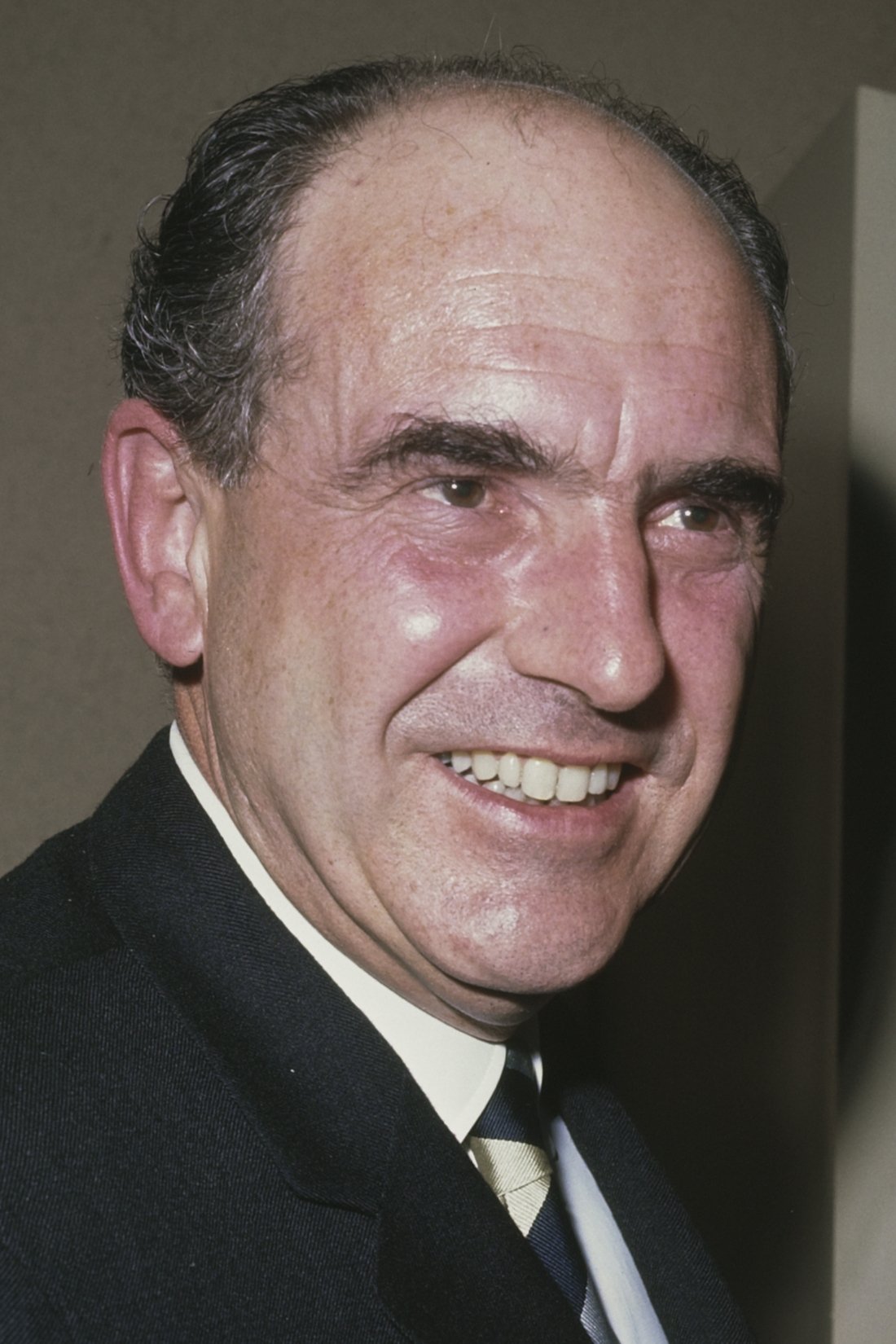

Andreas Georgiou Papandreou (Greek: Ανδρέας Γεωργίου Παπανδρέου, 5 February 1919 – 23 June 1996) was a Greek economist, politician, and a dominant figure in Greek politics, known for founding the political party PASOK, which he led from 1974 to 1996. He served three terms as the 3rd and 8th prime minister of Greece. Papandreou's party win in the 1981 election was a milestone in the political history of Greece, since it was the first time that the elected government had a predominantly socialist political program. The achievements of his first two governments include the official recognition of the leftist and communist resistance groups of the Greek Resistance (EAM/ELAS) against the Axis powers occupation, the establishment of the National Health System and the Supreme Council for Personnel Selection (ASEP), the passage of Law 1264/1982 which secured the right to strike and greatly improved the rights of workers, the constitutional amendment of 1985–1986 which strengthened parliamentarism and reduced the powers of the indirectly-elected president, the conduct of an assertive and independent Greek foreign policy, the expansion in the power of local governments, many progressive reforms in Greek law, and the granting of permission to the refugees from the Greek Civil War of Greek ethnicity to return home to Greece. During his tenure as the prime minister of Greece from 1981 to 1989, the public debt of Greece as a function of gross domestic product almost tripled.

Greece, 1977. A proposed law brings gay men and “transvestites”...